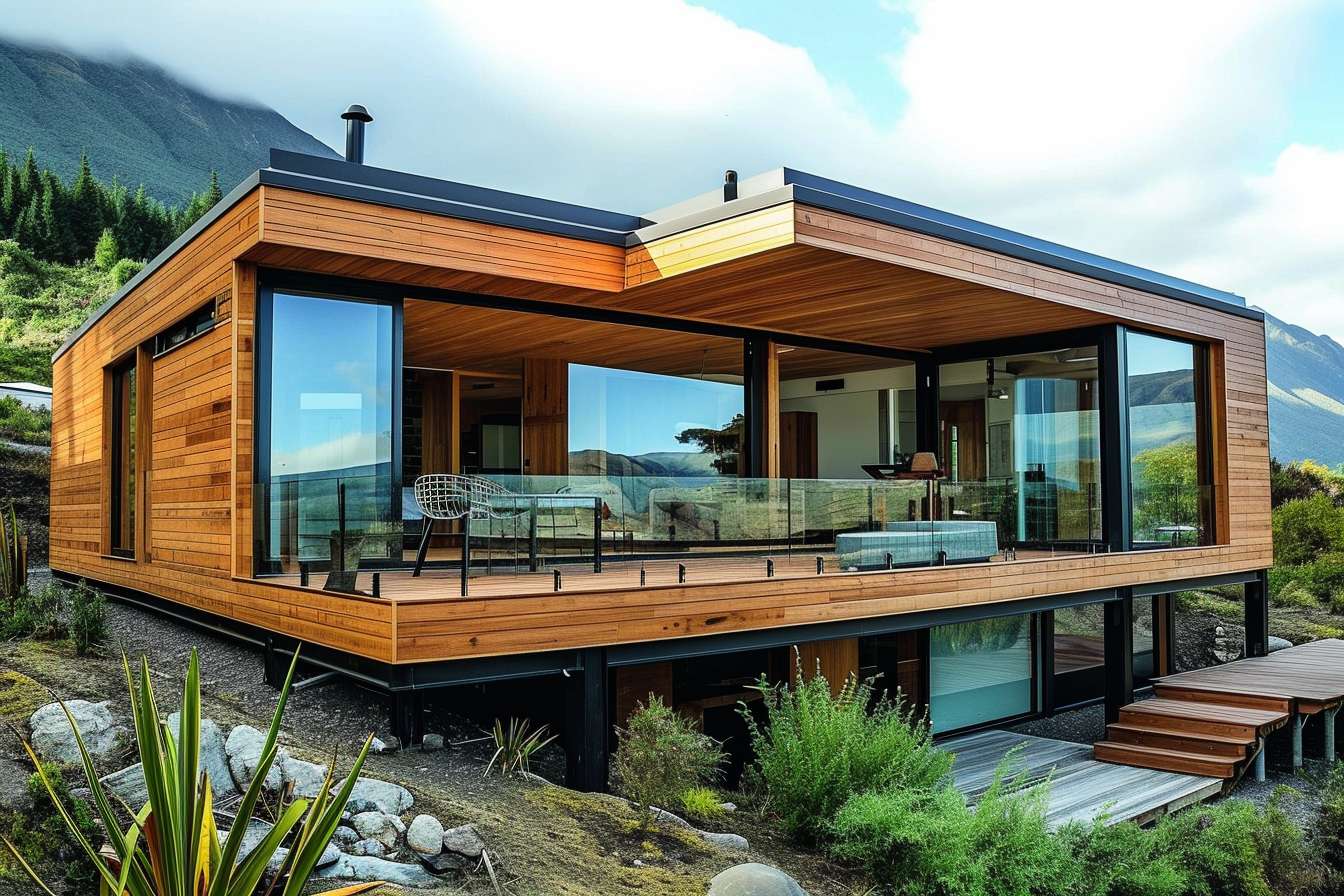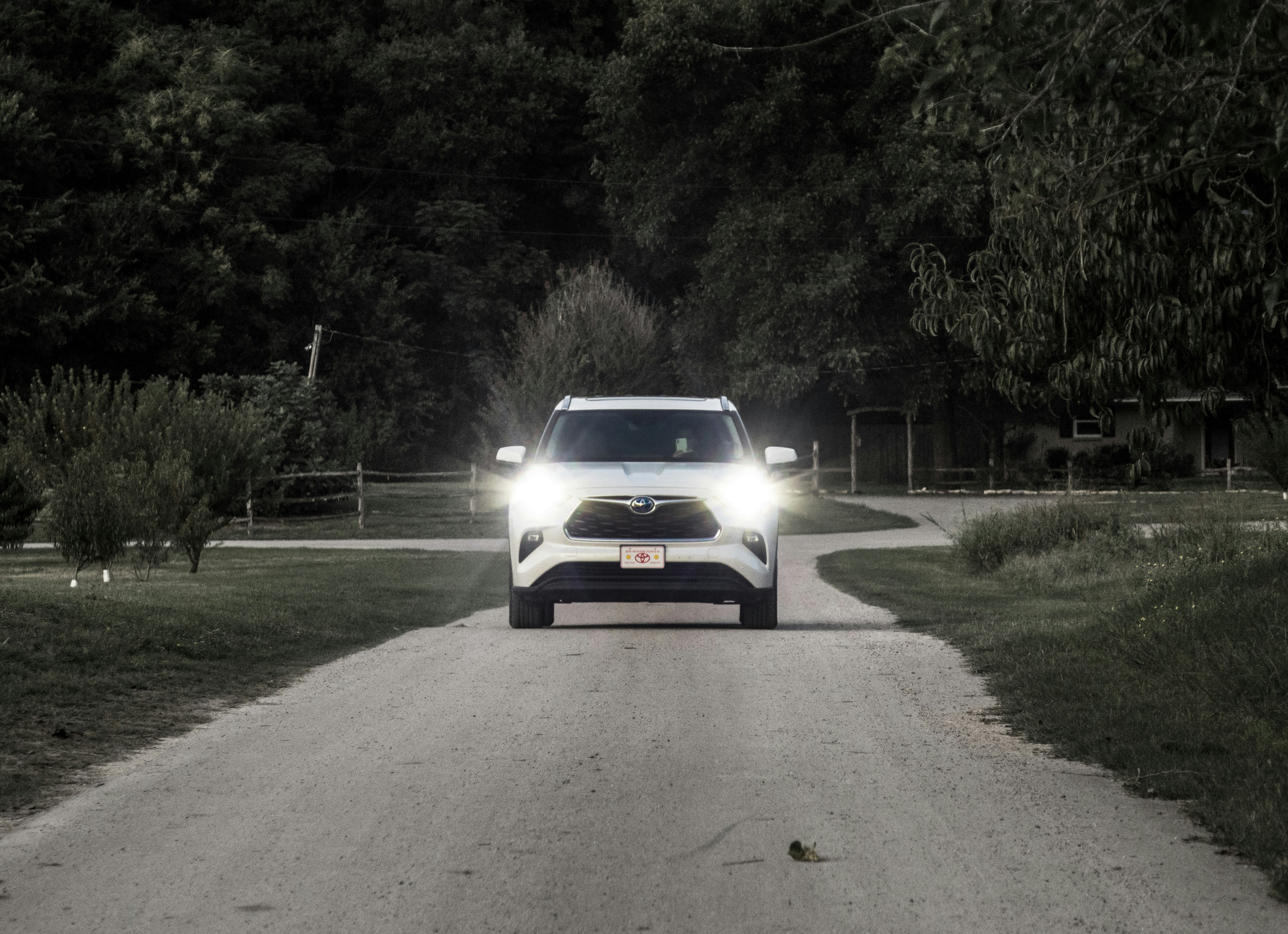Complete Guide to Finished Cabin Solutions and Construction
Log cabin kits offer a practical pathway to owning a custom wooden home without the complexity of traditional construction. These pre-engineered packages include everything from foundation plans to roofing materials, making the dream of cabin ownership accessible to more people. Whether you're seeking a weekend retreat, permanent residence, or investment property, understanding the options and considerations involved in finished cabin solutions can help you make an informed decision about this increasingly popular housing alternative.

Introduction to Finished Cabins
Finished cabins represent a complete housing solution that combines traditional log home aesthetics with modern construction efficiency. These structures arrive as comprehensive kits containing pre-cut logs, hardware, roofing materials, and detailed assembly instructions. Unlike traditional stick-built homes, finished cabin kits streamline the construction process while maintaining the rustic charm and natural beauty that draws people to log home living.
The concept has evolved significantly from simple hunting lodges to sophisticated residential options that meet contemporary building codes and energy efficiency standards. Modern finished cabins incorporate advanced joinery techniques, weather-resistant treatments, and insulation systems that rival conventional construction methods.
Key Features of Finished Cabins
Finished cabin kits typically include several essential components that distinguish them from other construction methods. The logs themselves are precision-milled to ensure proper fit and structural integrity, often featuring tongue-and-groove connections or traditional notching systems. Most packages include foundation blueprints, though the actual foundation work remains separate from the kit.
Roofing systems in these kits usually consist of engineered trusses, decking materials, and weatherproofing components. Windows and doors are often pre-hung and sized to fit specific openings, reducing installation complexity. Interior finishing materials may include flooring, wall treatments, and basic electrical rough-in components, depending on the package level selected.
Quality finished cabin kits also incorporate moisture barriers, chinking materials, and protective stains or sealers to ensure long-term durability. Advanced packages might include plumbing rough-in components, HVAC system preparations, and upgraded insulation materials for enhanced energy performance.
Benefits of Getting Finished Cabins
The primary advantage of choosing finished cabins lies in cost predictability and construction timeline reduction. Traditional log home construction can take months or years, while kit assembly typically requires weeks to a few months, depending on size and complexity. This efficiency translates to reduced labor costs and faster occupancy.
Finished cabin kits also offer design consistency and structural reliability. Each component is manufactured under controlled conditions, ensuring quality standards that might vary in traditional construction. The pre-engineered nature eliminates many design uncertainties and reduces the risk of construction errors.
Environmental benefits include reduced construction waste and often more sustainable sourcing practices. Many manufacturers use responsibly harvested timber and optimize material usage during the manufacturing process. The natural insulating properties of log construction can also contribute to energy efficiency when properly installed and maintained.
How Finished Cabins Provide a Comfortable Living
Modern finished cabins address comfort through several design considerations that have evolved from traditional log construction. Thermal performance is enhanced through advanced chinking systems, improved log profiles, and supplemental insulation where needed. Many kits now include provisions for modern HVAC systems, ensuring year-round comfort regardless of climate.
Interior layouts in finished cabin kits have adapted to contemporary living needs while maintaining rustic aesthetics. Open floor plans, cathedral ceilings, and large windows create spacious, light-filled environments. Kitchen and bathroom designs accommodate modern appliances and fixtures while preserving the natural wood character.
Sound insulation properties of log construction provide a quiet living environment, while the natural materials create a healthy indoor atmosphere with good humidity regulation. Many residents report improved sleep quality and reduced stress levels attributed to the natural wood environment.
Finished Cabins Costs
Pricing for finished cabin kits varies significantly based on size, features, and manufacturer. Basic shell packages for smaller cabins (800-1,200 square feet) typically range from $25,000 to $50,000. Mid-range options (1,200-2,000 square feet) generally cost between $50,000 and $100,000, while larger, more elaborate packages can exceed $150,000.
These kit prices represent only the materials and do not include foundation work, site preparation, assembly labor, utilities, or interior finishing beyond what’s included in the package. Total project costs often double or triple the kit price when all construction elements are considered.
| Package Type | Size Range | Kit Cost | Total Project Estimate |
|---|---|---|---|
| Basic Shell | 800-1,200 sq ft | $25,000-$50,000 | $75,000-$150,000 |
| Standard Package | 1,200-2,000 sq ft | $50,000-$100,000 | $150,000-$300,000 |
| Premium Package | 2,000+ sq ft | $100,000-$200,000+ | $300,000-$600,000+ |
| Luxury Custom | 3,000+ sq ft | $200,000+ | $600,000+ |
Prices, rates, or cost estimates mentioned in this article are based on the latest available information but may change over time. Independent research is advised before making financial decisions.
Factors affecting costs include log species selection, foundation requirements, site accessibility, local labor rates, and finishing level preferences. Remote locations may incur additional transportation costs, while complex sites requiring extensive preparation can significantly impact budgets.
Finished cabin kits represent a practical approach to log home ownership that balances traditional aesthetics with modern construction efficiency. While initial kit costs may seem reasonable, prospective buyers should carefully consider total project expenses and local building requirements. The combination of reduced construction time, predictable costs, and design flexibility makes finished cabins an attractive option for those seeking the log home lifestyle without the complexities of traditional construction methods.




